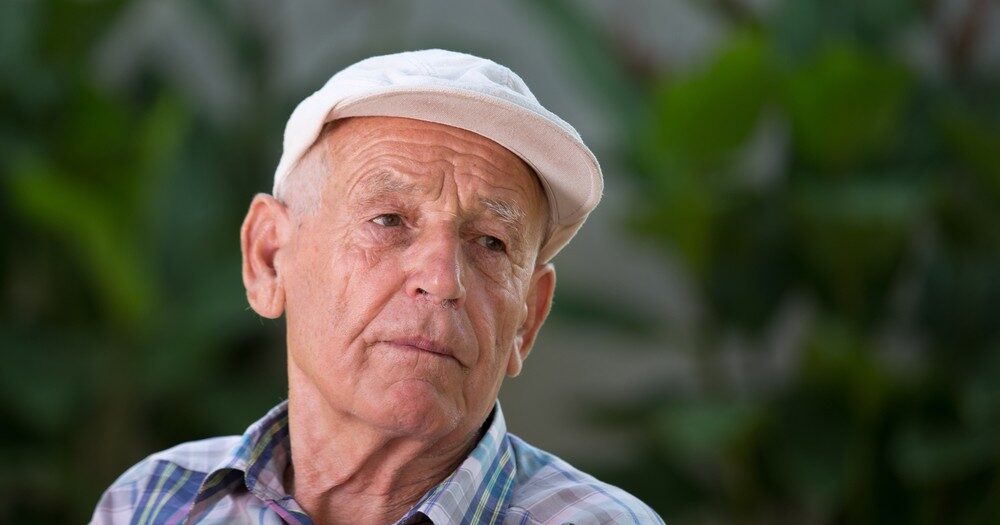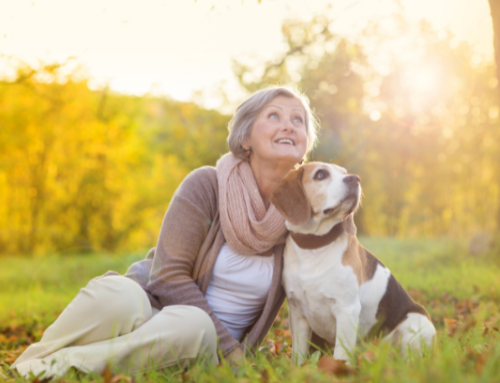When you think about anxiety, you might tend to think about younger people. That’s because this kind of issue is often associated with young adults and even teens. But, anxiety in older adults is more common than most people realize. Many individuals aren’t even aware of the fact that signs of anxiety could be seen in the lives of seniors. But anxiety in older adults is, sadly, common. And treating it is just as important as treating anxiety in young people. Since everyone experiences anxiety and nervousness every once in a while, people often fail to recognize the signs of an anxiety disorder. It’s important to realize that anxiety disorders are serious. Anxiety is a major issue and it should be handled with care.
Not everyone overlooks the symptoms, however. Sometimes, people do see the signs of anxiety disorder but aren’t sure how to help their loved one. It’s not always easy to know what your loved one needs and how you can help take care of those needs. Anxiety is an emotional and psychological disorder that requires attention. So, it’s important to take all of the right steps in getting help for the senior in your life. Let’s talk about a few ways you can help an aging family member who is suffering from anxiety.
What’s an Anxiety Disorder and How Does it Affect People?
We will talk a little bit about what you can do to help meet your loved one’s needs. First, however, let’s discuss what it means to have an anxiety disorder and how it can impact the life of your loved one. Anxiety is basically a feeling of being nervous or uneasy about something. Again, we all feel anxious about various things in life from time to time. But an anxiety disorder is more than the occasional nervous feeling. It’s an overwhelming feeling of dread and worry that remains for an extended amount of time. There are several different kinds of anxiety. Each disorder has specific characteristics. But, keep in mind that they are all serious and should be treated.
Panic disorder is a type of anxiety disorder that often causes people to have panic attacks. During these attacks, a person may experience a range of symptoms, which might include:
Feelings of dread and terror
- Excessive sweating
- Fatigue
- Pounding of the heart
- Nausea
- Dizziness
- Pain in the chest
Post-traumatic stress disorder, commonly known as PTSD, can cause various effects:
- Overall emotional numbness
- “Reliving” the traumatic event
- Feeling helpless
- Aggression
- Irritation
Generalized anxiety disorder is also called GAD. This kind of disorder usually causes individuals to live in a constant state of worry and nervousness. It can prevent people from getting a peaceful night’s rest. GAD can also cause people to experience things like:
- Trembling
- Excessive fear
- Lightheadedness
- Breathing problems
- Pain in the muscles
- Fatigue
- Headaches
About Anxiety in Older Adults
Many seniors are currently living with one of these disorders. One of the most common forms of anxiety in older adults is GAD. There are several different causes of anxiety. But, many older adults suffer from a disorder as a result of grief and loss. Some suffer because of the medications which they are using. In other cases, anxiety in older adults may be caused by physical illness or emotional disturbances. Sometimes, people struggle with anxiety and fear because of loneliness. But, no matter the cause, it’s important to recognize signs of anxiety, depression, stress and other types of mental disorders so that you can make sure your loved one has the best help possible.
If you think an older loved one may be suffering from an anxiety disorder, it’s important to contact a medical professional immediately. Then, reach out to us here at CareGivers of America. We can refer you to professional and compassionate caregivers who can help comfort the senior in your life. You can contact us today.




